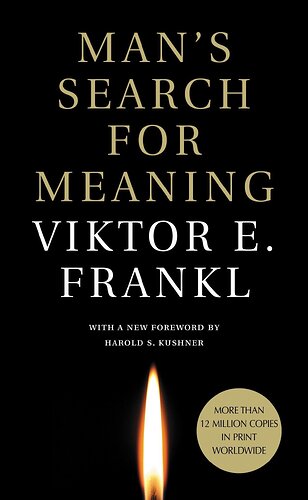Oh wow, what an interesting topic! I haven’t been on the forum for a while and I’ve missed so much!
I know I’m late to the party, but I wanted to add my perspective as I’m not sure it’s quite been covered here.
My native language is English, I have learned Swedish to what I consider fluency (B2-C1) and am currently learning Turkish. This information is important later on.
I wanted to contribute to this because when learning Swedish I did not use LingQ (I found LingQ very late in my Swedish journey and by then I had my method and LingQ didn’t really suit it).
To learn Swedish I mostly used extensive reading/ listening. Mostly as in, near 100%.
Initially, when reading I did all my reading while listening to the audio at the same time. I did not stop to look up words (and on the very very rare occasion I did, I hovered over the word for a split second, nothing more). I used the audio to keep a pace, and essentially to stop me from looking up words. And then I branched out to listening without reading.
I listened to and read content that I mostly understood. I started with Harry Potter as I had read that before in English, but quickly became bored and just started reading things that looked interesting. When listening, I also never stopped to look up words. With both listening and/or reading, I could either work out the meaning from context, or I couldn’t, and I accepted that there was sometimes a sentence or sometimes even a paragraph I didn’t quite understand. Sometimes I would hear/read the word in context a few times and then realise I retrospectively understood something a few chapters back. Or I’d realise I’d understood something completely incorrectly until this point in the book. But since I was enjoying the process it didn’t really bother me. I laughed it off and continued.
I only really ever looked up words when I wanted to say something, not understand something.
For reference, I would guess I got to a high B1 level (in comprehension, not output) in around 4-6 months using this method.
But here’s the thing… Swedish is a very similar language to English. The grammar is essentially the same, and there are lots of words similar enough to English that I could guess the meaning correctly. Another major advantage is that I’m Scottish, and the number of words in Swedish that are incredibly similar to Scots words is crazy - words I suspect only Scottish people would be able to guess, and English-only speakers might not.
Then I picked up Turkish. There are basically no similar words (except ‘modern’ words related to sports or internet etc), the grammar is incredibly different, the word order… there’s nothing for me to work with. Nothing about this language is intuitive to me. I have found it utterly impossible to learn through extensive reading, and that threw me initially I’ll admit.
I’m using LingQ now (obviously!), and I’m mostly using intensive reading, still in sentence mode. I’m looking up most words. When I attempt to read a little more extensively, I’m lost. And not in the way I was with Swedish when I didn’t really understand a sentence properly, I mean lost in a whole other way.
This time round, instead of just reading and listening together and moving on, I’m reading through the content first (without listening), looking up words and getting a grip on the meaning first. Only then do I read and listen without stopping. I feel like this approach is slowly slowly working.
But to compare to my experience with learning Swedish, I’ve been at this for nine months now and would put myself at a high A2/ nearing B1 level (comprehension only, not output). Big difference, both in language ‘difficulty’ (for me) and learning method. But as far as I’m concerned it’s the language difficulty that has dictated the method.
I’m so grateful LingQ exists, and I love learning this way, but I do worry that we become dependant on it a little. Maybe that’s the extremes in learning methods I’ve followed talking; going from looking up zero words in one language to looking up every word in another is a massive change in pace. Once I get a handle on it (though how long that will take I don’t know!) I do intend to step out again and and starting reading more similarly to how I learned Swedish. Listening to an audiobook completely without text, for example. Learning from that. Trusting that my brain will eventually do the work and figure it out.
Anyway, some more nuance for thought.
![]()


